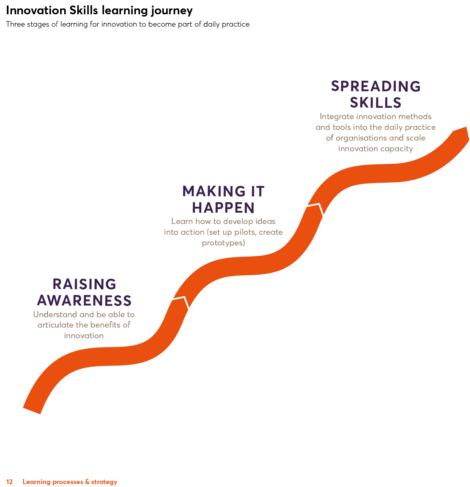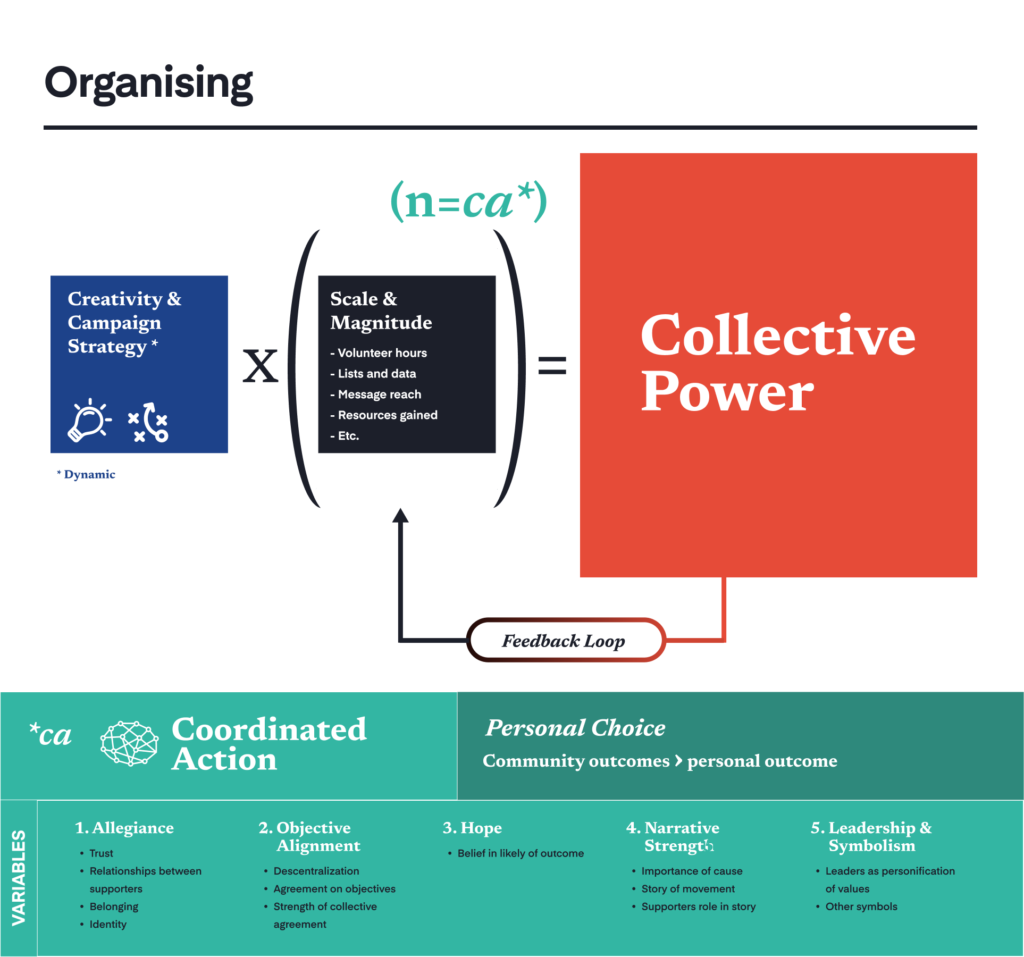PartnersGlobal’s Resiliency+ Roundup – May 2021
May 10, 2021
This month, we’ve curated some timely, practical, and inspirational resources to support your organization’s resiliency. From a super-list of tools to improve remote work to reflections and advice for healing from mass trauma and loss, these resources can help you reshape and rethink your organizational and movement-based resiliency journeys.
Check out the resources, organized by the seven reinforcing factors of organizational resiliency in the PartnersGlobal Resiliency+ Framework that we hope offer you food for thought and inspiration.
We have also pulled 5 top resiliency tweets for a quick way to plug into the resiliency conversation. See those below!
5 Top Resiliency Tweets
- @ionaflawrence explores human relationships and the greater collective action necessary for unlocking a relationship-centered world in this blog piece titled Through Thick and Thin.
2. Feelings of belonging are critically important to the vitality of organizations and movements. @CitizenStout offers more on the topic and shares key lessons around the harmfulness of binaries and zero sum thinking and the freeing nature of polarity and imagination.
3. In this thread, @indy_johar highlights some of the structural barriers in place that impede organizations’ ability to lead with kindness and care while also encouraging us to think critically about the adversarial and competitive leanings of our current economy.
4. Adaptive Capacity is so important for resiliency. Check out this thread for insights and takeaways from Adam Grants’ new book Think Again, The Power of Knowing What You Don’t Know.
5. @EnrolYourself offers a reimagined way of nurturing manager to managed relationships by way of “stewarding circles.” Learn more about how this ‘buddying’ process has led their staff to hold space for care, support, accountability, creativity, reflection, and more.
Resiliency Resources by Factor
Legitimacy
Don’t know where to begin in terms of increasing your organization’s legitimacy with your constituencies? Check out this interview featuring Stanford professor Patricia Bromley for insights on how nonprofits can and should balance professionalization and formalization with trust and community building. Bromley also discusses the effects of COVID-19 on the nonprofit sector.
In her newly released book, More Than Ready, author Cecilia Muñoz discusses the agency and belonging of women of color who are no longer willing to be ‘invisible’ or left behind. She shares more on the topic in this Open Society Foundations-sponsored webinar.
Engaging the Narrative
Narratives matter. They help us to make meaning of the world while also holding the power to drive and shape culture and policy change. Engaging with relevant meta-narratives in society requires capacity and infrastructure. Explore this article from Pop Culture Collaborative for five ways to strengthen narrative rapid response.
And for those working on or interested in public health, check out this research report from USC Annenberg for narrative messaging on health equity and how media and entertainment narratives about health influence mindsets and policy.
Narratives around politics and governance have a huge impact on our systems. In this podcast, Karen Stenner explores the “psychological predisposition” some people seem to have toward authoritarianism on both the right and the left. Stenner also shares practical tips for addressing authoritarian tendencies and what we can expect next from countries like the US where authoritarian and populist attitudes continue to emerge.
Business Acumen
One of the main adaptations that all of civil society organizations around the world have had to confront during the pandemic is finding reliable and effective tools for remote work. Collaboration Superpowers have compiled a super-list of tools and apps to help us all work better while working remotely. Check out the list here and perhaps submit a tool of your own!
Organizational resiliency requires a commitment to ongoing innovation. States of Change has released a helpful new playbook for innovation learning, targeting practitioners looking for new ways to spread innovation skills, methods, and tools.

Reinvention and innovation have to be balanced with existing programs and priorities. In Twin Engines for Propelling Social Impact, Ann Mei Chang and Laura Lanzerotti share helpful lessons on how nonprofits can balance “today’s needs with tomorrow’s potential.”
Resiliency Ethos
Resiliency ethos is about how we think about change, how we prepare, and how ready we are to adapt and recover from disruption. We can’t imagine a bigger disruption than what we’ve experienced under COVID 19. Ed Prideaux shares helpful reflections on how we can address the need for societal healing from the mass trauma we’ve all experienced during the pandemic in this BBC Future article.
In 4 Tactics to reflect and (re)charge into 2021, Pete Ronayne and Andi Williams postulate that the “present and future of leadership and learning is about attention to resilience as recharge.” Explore their practical tips for leaders and their teams on boosting learning and performance here.
Dealing with staff burnout is a key aspect of organizational resiliency. “Research has definitively shown that burnout is an organizational problem, not an individual one. But while responsibility for preventing employee burnout rests squarely on the shoulders of employers, remedying burnout once you’re suffering from it is much less straightforward,” write Yu Tse Heng and Kira Schabram in this article. Keep reading for insights on burnout recovery.
Adaptive Capacity
Navigating uncertainty is key to being able to adapt to and thrive in challenging contexts. This article from Sonja Blignaut surfaces some of the fears and tensions we experience that impede learning and change, such as busyness, withdrawal, and paralysis. Blignaut writes, “Can we hold onto our competence while acknowledging and working with our incompetence? Can we turn our anxiety into creative energy and resist disengaging from a disconcerting world that is in dire need of us showing up?”
Each organization is unique and will deal with adaptation in their own unique ways. Eric McNulty highlights five actions leaders can take to create a positive organizational culture out of their own unique ingredients in this recent piece, The secret recipe for organizational culture is no recipe.
“Culture is less a matter of following a recipe than mastering the craft of baking, so you spot challenges and opportunities early and are able to adapt.”
– Eric McNulty
In Test Your Assumptions, James Oriel acknowledges the pressures we face when we’re trying to address big societal crises and issues and offers some tools to help.
Situational Awareness
Knowing what’s going on in the systems around you is key to staying on top of change and adapting to complexity.
Check out the US National Intelligence Council’s recently released Global Trends report with predictions for the year 2040. The report is intended to help citizens and policymakers see what may lie ahead and prepare for possible futures.
In this piece from Open Global Rights, Krizna Gomez challenges social change actors to engage change proactively and to incorporate foresight as a key competency for our organizations.
Connectedness
Building and maintaining trust are critical components of connectedness for civil society organizations. Ross Hall offers reflections on the importance of trust in learning ecosystems and shares approaches for “weaving trustful relationships between diverse actors who are used to competing and who have different perspectives and levels of influence.”
Curious about the metrics needed to determine the effectiveness of organizing? Hear from Ned Howey on Tectonica’s new model of evaluating how organizing works to build power and impact political change. Howey draws on examples of success from movements like BLM and others to demonstrate the importance of measuring organizing and the process of learning through experimentation and failure.

And lastly, sophisticated facilitation skills are key to effective partnerships and collaboration. These tools from Timeout are easily accessible and can help you find practical resources for planning and generating constructive discussions with constituencies.
